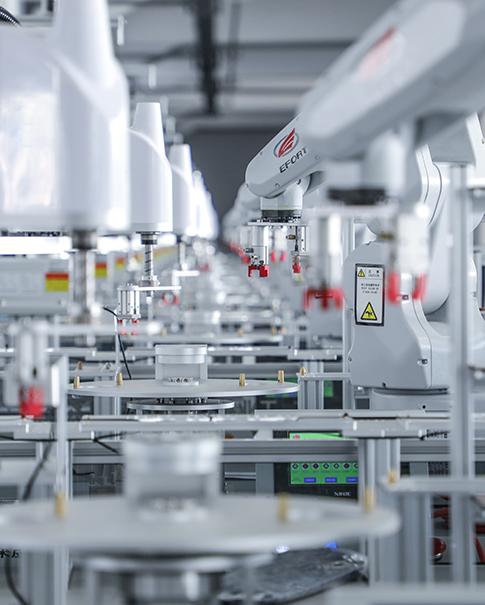Are you intrigued by Programmable Logic Controllers (PLCs) in the industrial control realm but deterred by the myth that programming knowledge is a prerequisite? The two-day course, "PLC's for Non-Programmers," is the perfect solution. Unlike conventional technical training, this course features a progressive teaching approach, starting from hardware fundamentals and gradually moving to software operations. Through visual demonstrations and interactive case studies, it enables even those with zero programming experience to quickly grasp the essentials of PLC systems, effectively breaking down the barriers to entry in the PLC field.
The course is meticulously structured into seven fundamental learning modules, covering the entire spectrum of PLC applications:
-
Hardware System Deconstruction: Hands-on training in identifying key components such as CPU modules, input/output units, and power modules, along with techniques for distinguishing between different PLC brands.
-
Introduction to Ladder Logic Language: Interpretation of the "mother tongue" of industrial control using relatable real-life examples, and learning to read basic logic control circuits, including start-stop controls, interlock circuits, and time-delay controls.
-
Understanding I/O Systems: Comprehending the signal interaction mechanisms between sensors/actuators and PLCs, and mastering the principles of input/output address allocation.
-
In-Depth Instruction System Explanation: Analysis of over 10 basic programming instructions (LD/LDI/OUT/AND/OR, etc.), with enhanced understanding achieved through logic expression comparisons.
-
Hardware Configuration Practice: From wiring specifications to module setup, acquire the safe operation procedures for building PLC hardware systems.
-
Fault Diagnosis Training: Summarize six common system faults (power anomalies, communication breakdowns, input failures, etc.) and learn rapid troubleshooting steps.
-
Simulation and Emulation Exercises: Use teaching software for program debugging and observe the operation of control logic in real-time.
The course emphasizes practical application, ensuring that theoretical knowledge seamlessly translates into hands-on skills. Through real-world scenarios and practical exercises, participants will learn how to apply PLC programming concepts to solve actual industrial control problems. By the end of the course, students will be able to independently set up PLC systems, write basic control programs, and diagnose common faults, equipping them with the essential competencies required in industrial control positions.
Don't just take our word for it—hear from our students! Many participants who joined the course with no prior PLC knowledge have gone on to achieve remarkable results. Some have successfully integrated PLC skills into their current jobs, improving efficiency and productivity, while others have used their newfound knowledge as a stepping stone to advance their careers in the industrial automation field. Their success stories serve as a testament to the effectiveness of this course in empowering non-programmers to master PLC technology.
This course stands out from the competition for several reasons. Firstly, its focus on non-programmers ensures that the content is accessible and easy to understand. Secondly, the two-day intensive format allows learners to quickly acquire essential skills without a long-term commitment. Additionally, the experienced instructors bring real-world industry expertise into the classroom, providing valuable insights and practical tips. Moreover, the course offers hands-on learning opportunities, enabling students to gain practical experience and build confidence in their abilities.
The "PLC's for Non-Programmers" course is more than just an introductory class—it's a gateway to a world of industrial control possibilities. Whether you're looking to enhance your current skill set, explore new career opportunities, or simply satisfy your curiosity about PLC technology, this course provides the perfect starting point. With its comprehensive curriculum, practical approach, and expert instruction, you'll be well on your way to mastering PLC basics in just two days. Don't miss out on this opportunity to unlock your potential in the exciting field of industrial automation!
 Network Supported
Network Supported